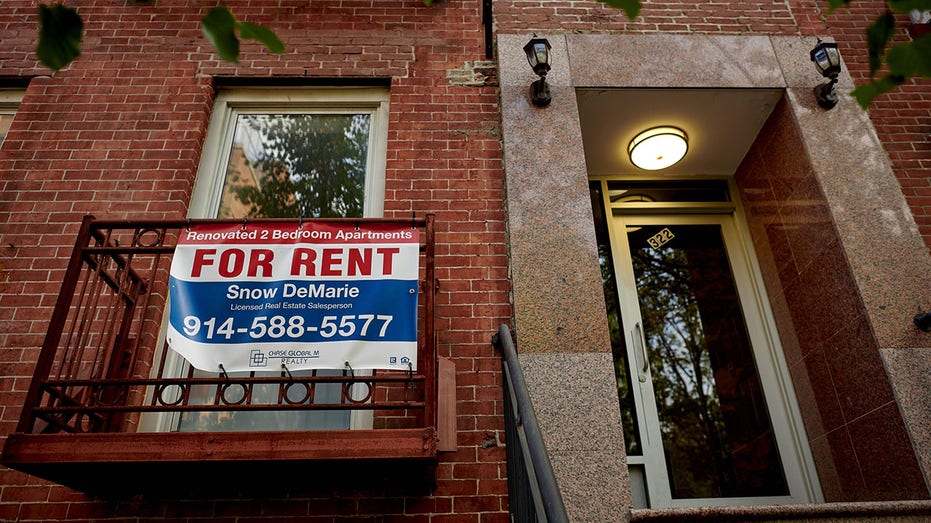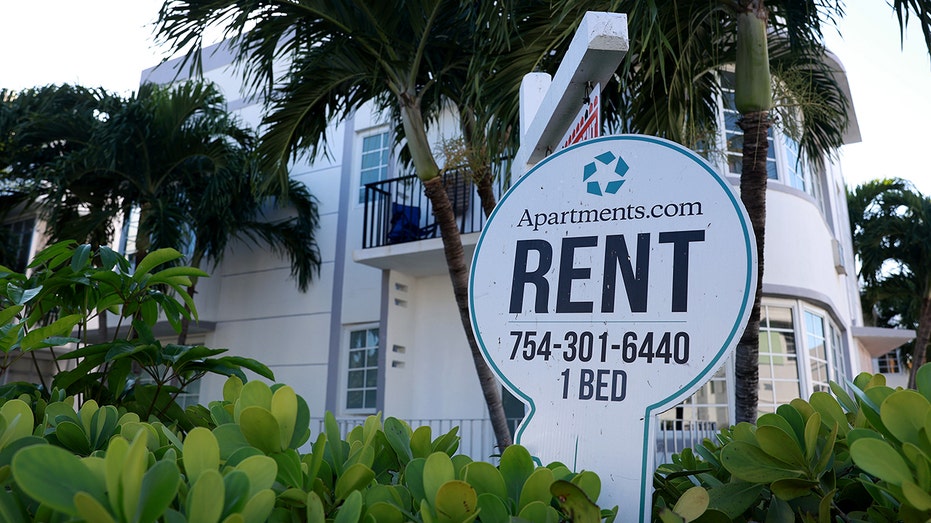Rent growth had smallest gain in two years: Redfin
Due to inflation, landlords aren't dropping prices but they 'may seek to lure renters with other concessions'
Near 30-year mortgage demand low is part of a 'weird' real estate market standoff: Mauricio Umansky
The Agency CEO Mauricio Umansky discusses the real estate sector as mortgage rates hit a 28-year low, down 5.7%.
Renters might just be getting some relief as February marked the ninth consecutive month in which rent growth slowed.
Last month, the median U.S. asking rent rose to a mere 1.7% year over year to $1,937, according to the latest data from Redfin. This marked the "smallest increase in nearly two years and the lowest level in a year," the technology-powered real estate agency reported.
Rising rents haven't slowed as much as expected "in part because the labor market has held up better than anticipated, which has helped prop up demand," Redfin Deputy Chief Economist Taylor Marr said in a statement.
Rents are up 16.5% from a year ago, the data showed. That's nearly a ten-fold jump from last month's rise.
MORTGAGE RATES CLIMB FOR FIFTH WEEK ON JOB GROWTH AND INFLATION
Rents fell 0.3% month-over-month from January, but they are still elevated compared to pre-pandemic levels. The median asking rent last month was 21.4% higher compared to February 2020 – one month before the coronavirus was declared a pandemic.

"For Rent" sign outside an apartment building in the East Village neighborhood of New York, July 12, 2022. (Gabby Jones/Bloomberg via Getty Images / Getty Images)
Redfin noted rent growth has slowed given the "persisting high housing costs, inflation, recession fears and a slowdown in household formation have made people less likely to move." This put a "damper on demand for new leases," Redfin added.
That coupled with a surge in apartment construction helped slow rent growth.
The number of apartments under construction hit its highest level since 1974, according to a January report from the National Association of Home Builders (NAHB).
OFFICE LANDLORD DEFAULTS ARE ESCALATING AS LENDERS BRACE FOR MORE DISTRESS
As of January, there were 943,000 apartments under construction, an uptick of 24.9% compared to a year ago, according to the NAHB.

'For Rent' sign in front of a building on December 06, 2022 in Miami Beach, Fla. ( Joe Raedle/Getty Images / Getty Images)
Now, landlords are "grappling with a rise in vacancies as an influx of new apartments hits the market and demand slows from its peak," Marr said.
Still, inflation hasn't allowed for prices to drop.
"Stubbornly high inflation is boosting expenses for landlords, so instead of dropping rents they may seek to lure renters with other concessions, like free parking or a discounted security deposit," Marr said.
CLICK HERE TO READ MORE ON FOX BUSINESS
Real estate expert reviews America's housing market for new homebuyers
Hovnanian CEO Ara Hovnanian gives real estate outlook and shares challenges homebuyers may face ahead of key season on 'Maria Bartiromo's Wall Street.'






















